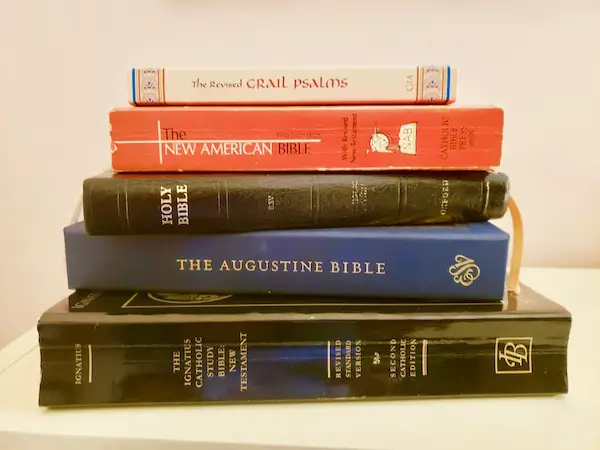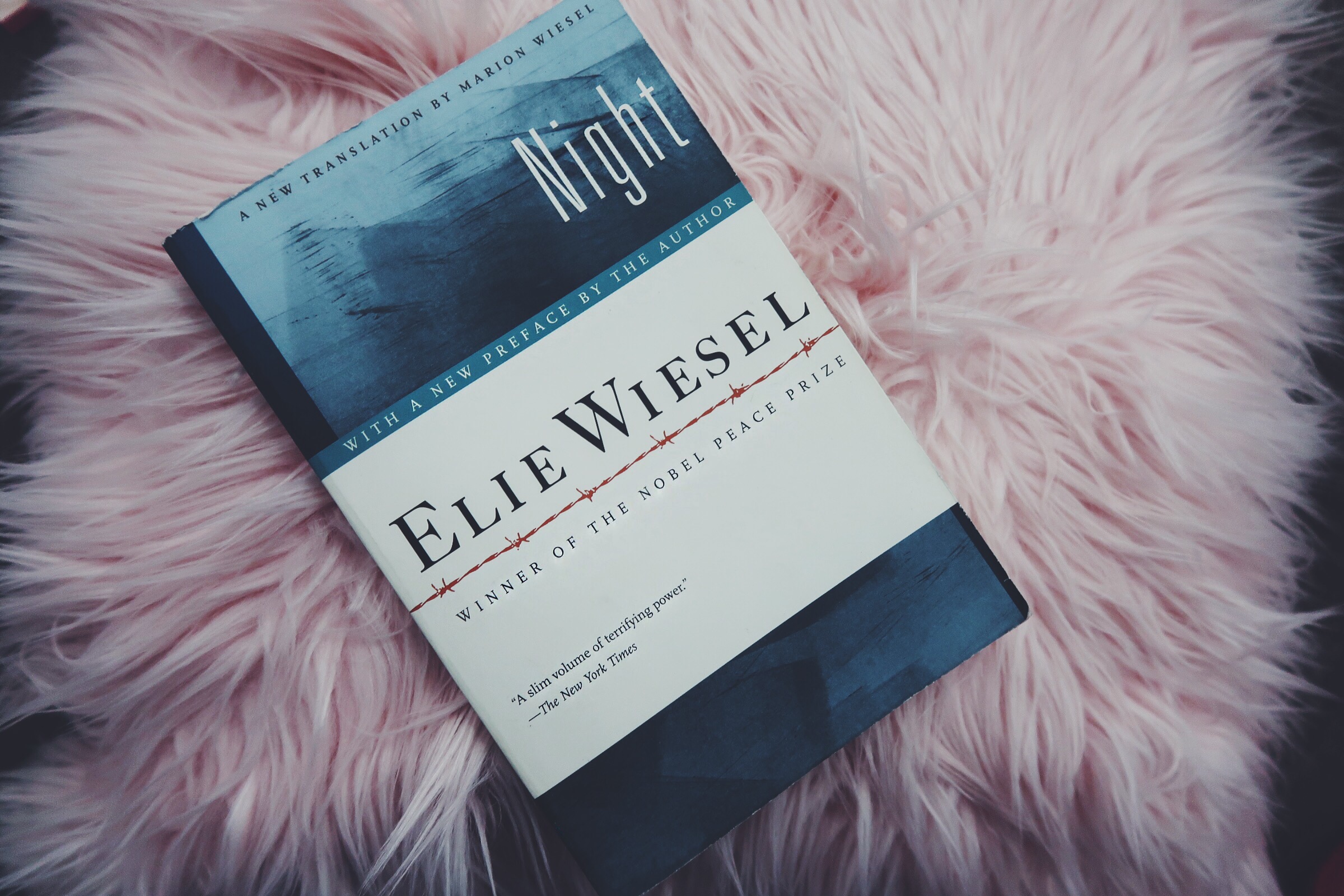It is true that the scope of literature is broad, but if literature is your field of study, you will have to learn it at once in this succinct piece.
Meaning of The Scope of Literature
Some ideas in the world are relatively new and their identification means may still be up for debate for a long time. This is not the case with Literature.
Someone someplace sometime will not pronounce a material as literature and have someone else argue it is not and then they put it up for debate. No! One of them is either wrong to everyone else, or this wouldn’t happen at all.
Oh, maybe you want to talk of ‘consensus omnium’, if it comes to your mind, then fine, that is the main concept in a nutshell.
By scope of literature, we mean to refer to the attributes that make literature literature. It is nothing to be confused about because it has already been crystal defined for years now.
The Linguistic definition of literature
Now that ‘scope’ has been made clear, we must advance straight to the concept of ‘literature’. Literature has several meanings, from several plausible points of view, and we would discuss two of such points of views here now.
First, the linguistic view of literature. To the linguist, literature may not be seen beyond “the mere use of words”. It is seen as any spoken or written sentences, clauses, phrases, or even words. Subject to this view, some researchers have said literature is a form of human expression. Well said.
In this case, literature is not necessarily one bulky Robert Nye’s book you take with you everyday. It is any piece of information articulated by words. Therefore, we have such kinds of literature as Medical, Christian, and Islamic literature among others, each standing to denote the kind of topic it discusses.
For instance, “I Hate You —don’t Leave Me” by Hal Straus & Jerold Kresiman falls under the Medial Literature category. It is literature.
The Technical definition of literature

Second, going further on the views of literature, is the technical perspective of the concept. This view poses that literature is one part of language studies that is concerned basically with the values, culture, and tradition of a given group of people.
If you search, you will find Chinese Literature, African Literature, etc., as some kinds of literature in the technical sense.
Chinua Achebe’s “Things Fall Apart” is a typical example of African Literature, for one. Innumerable other books are under this category too.
Aristotle defined literature as the mirror of life. This seems like a generally acceptable definition, it is in most areas. Of course with Literature you get a better picture of life.
Genres of Literature
By and large, broad literature is shattered into three major fragments: Prose, Play, and Poetry, each having at least one other different name.
Play
Play otherwise known as Drama is another key genre of literature that was especially prevalent in the Elizabethan period.
They are works usually written in Acts and Scenes. An Acts can have several scenes. The element of dialoguing is a core one to play. It is also often expected to be acted on stage before an audience(s).
Play, somewhat like Poetry, looks like a mysterious vast genre of literature with a lot of elements and terminologies, some including: aside, catastrophe, suspense, climax, etc. If care is not taken, you’ll confuse these terms.
Comedy, Tragedy, and Tragi-comédie are some of the major subgenres of literature that find their way to come under play.
Wole Soyinka’s “The Road”, is an example of play; Tragi-comedy.
Prose
Prose as a genre of literature is generally written in chapters and broken into paragraphs. It is a story told descriptively or narratively. A writer may choose to tell or show you what he’s talking about with his words. This element is usually called imagery.
Fiction and Nonfiction are subgenres of literature coming under prose. They may likewise appear elsewhere too.
Any literary work of imagination is regarded as fiction, while nonfictional works are basically true stories—often an account of known figures. Biographies, Newspapers and Autobiographies are some sources of nonfiction literary works. Fictions on the other hand, may come as Fables, Allegories, etc.
A writer may also choose to write in-between fiction and nonfiction, this is called Faction, a relatively new literature term. Anita Shreve’s “Body Surfing” fits into the Prose genre appropriately. It is fictional.
Poetry
Poetry is broad, and seemingly the broadest of the three genres of literature. Have you heard of poetic techniques or devices? They are at first like figures of speech, and then gradually and eventually you’ll find yourself in the ocean of the numerous figures of speech.
This is not to scare you, poetry is complex because most successful poets understand the poetic techniques and employ them—say metonymy, bathos, pun, imagery, litotes, chiasmus, zeugma, and all that. The exciting part for me is that some of these terms brought together have little or no difference. One must be really careful to understand them.
Poetry is written in lines, verses and stanzas. The National anthem of every country is not in the prose or play genre of literature, it is a typical example of poetry everywhere you go. My favourite poems are much, one of them is Birago Dipo’s “Vanity”.
For the sake of mentioning it, also note that some subgenres of literature like ballad, sonnet, ode, epic, lyrics, and dirge come under poetry.
Forms of Literature

Regardless of the genre in question, any literature is expected to come under one or both of these two forms:
– Oral Literature
Also called folk literature or orature, oral literature is a form of literature that is spoken or sung rather than written. This is probably as old as man, since society has had to transmit values, and cultures down from generation to generation by word of mouth—all the way from our inception.
By the way, there is something you should also keep in mind, perhaps as a bonus for reading this, some modern literature experts and researchers have reviewed and gone against the use of the phrase ‘oral literature’ which is analysed as contradictory.
Is it not ambiguous to say ‘oral writing’? Well, to them, this is equal to saying oral literature —given that literature is from the Latin littera meaning ‘letters’ i.e. written. It is properly analysed and I think I for one have come to acquiesce in this opinion and may subsequently cling to the recently proposed choice of phrases: either oral forms or oral genres.
Some common examples of orature are riddles, moonlight tales, chants, and epigrams.
– Written Literature
It could be written and also spoken, so I won’t say if it is written then it is not spoken. Rather, you should understand that the written form of literature is like the opposite of the oral form, it is accessible to any audience that can read.
The written form of literature would be traced back to have started sometime in 3400 BC or 1250 BC, going by the Ancient China record. In any case, this form is also old.
You can be sure that any written book you have seen is in this category. Name it all.
The Scope of Children’s Literature
No need to emphasise the concept of children’s literature, but let’s distinguish between the literature an adult would like (the one we’ve been discussing) and the one for children. How do you know this literature fits into the category of kids below seventeen? They are books that basically talk about:
– Family and relationships
– Calendar events and holidays
– Animals and Nature
– Ambitions
– Morality, Manners, and the Consequences of deeds
Additionally, they are usually not bulky. Children may not be able to read any book with over two hundred pages (or even crave less). Also, the diction of such books must be simple if not oversimplified, haha, it is important.
One thing to keep in mind is that the best purpose of literature is most likely entertainment, as an American children literature writer was quoted in one of our previous publications. Whatever will deny children (or any group of people) entertainment in a book has deterred the book from fitting into the category of that group.
You don’t want to get your kid a bawdy book!!
Final Thought
We just discussed the scope of literature, and I hope that as promised at the beginning, I fulfilled my commitment of making this composition succinct. With this, it is expected that a lay man should be able to answer questions on Literature satisfactorily.
Share


